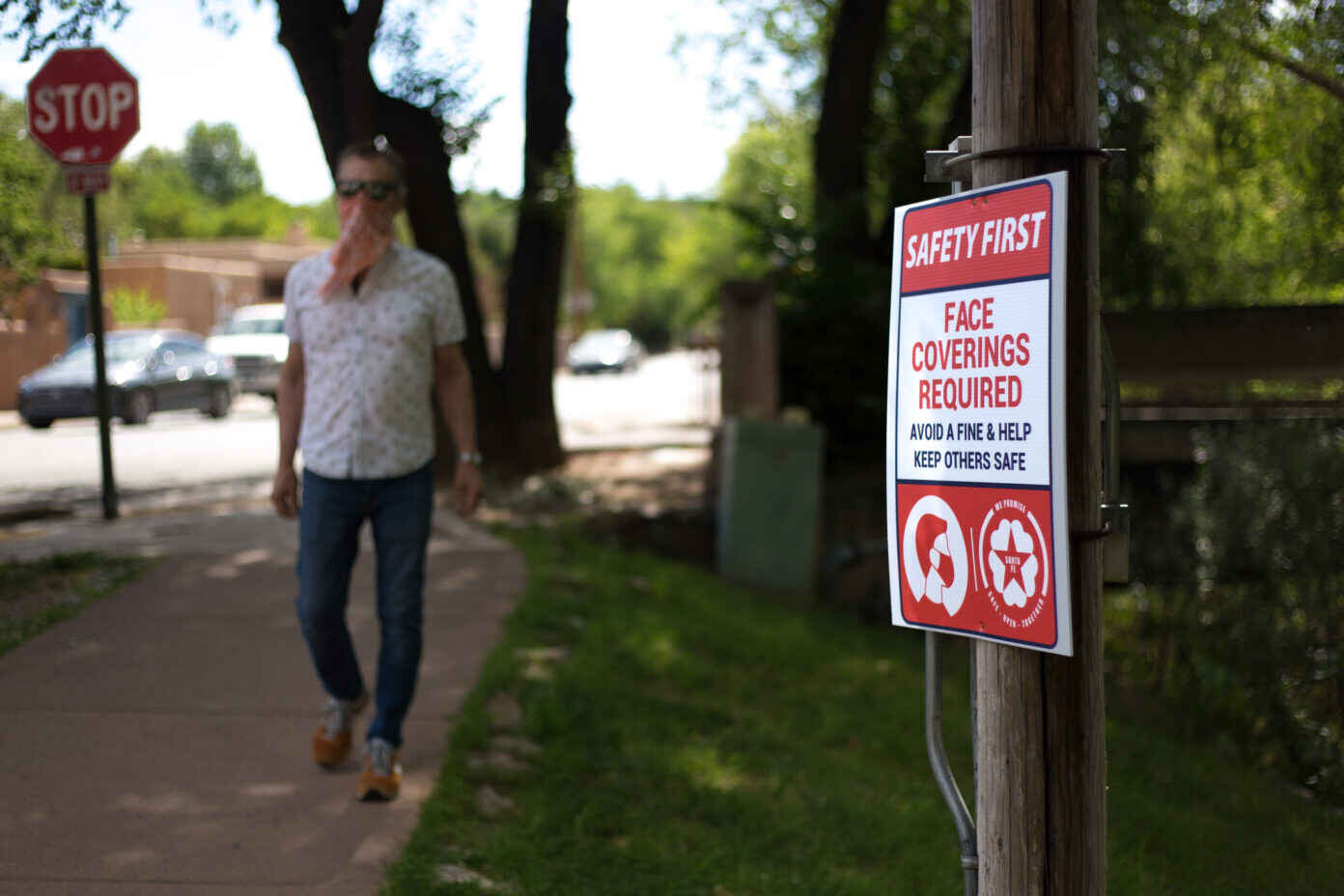Ordinances as a Tool for Increased Enforcement of COVID-19 Orders
December 16, 2020
Overview
As the COVID-19 pandemic in the U.S. continues to worsen, many states are requiring additional disease mitigation measures. As of December 8, 2020, for example, 38 states required people to wear masks in public. Many governors are utilizing their executive authority under state emergency management laws to protect the public’s health. In other jurisdictions, such as Michigan and Wisconsin, where state supreme courts have struck down the governor’s exercise of authority, public health orders are being issued by state and local public health agencies.

However, enforcement of public health orders at the state and local level has been a challenge across the country. One potential solution is for local jurisdictions to utilize civil infractions as an enforcement mechanism for public health orders. The local jurisdiction will typically adopt an ordinance making noncompliance with state or local public health orders a civil infraction. This allows local law or code enforcement agencies to issue citations within an existing system that also provides for appeals and due process.
For example, in June, Dane County, Wisconsin adopted ordinance 46.40, which made it a violation to refuse to obey an order issued by the Director of Public Health Madison and Dane County that prevents, suppresses or controls a communicable disease. The penalty for violation is up to $200 per day (see 46.25-46.27).
Similarly, in October, East Lansing, Michigan adopted an emergency ordinance requiring compliance with public health orders. Importantly, the ordinance made it a civil infraction to violate a public health order issued by the Ingham County Health Department (whose jurisdiction includes much of East Lansing), the Mid-Michigan District Health Department (whose jurisdiction includes portions of East Lansing), or the State of Michigan. Violations are punishable by a fine of $500. The emergency ordinance is in place through the end of 2020. Other jurisdictions throughout the country are adopting similar approaches (i.e. Contra Costa, California; Rockford, Illinois).
While this approach will result in a patchwork of enforcement across jurisdictions, civil infractions for violations of public health orders may prove a useful tool to encourage compliance with COVID-19 disease mitigation efforts. It also allows jurisdictions to utilize existing enforcement and appeal systems. This will save resources and prevent the need to develop new infrastructure for law and code enforcement or due process that may not be needed following the COVID-19 pandemic.
This post was written by Carrie Waggoner, J.D., Senior Attorney, Network for Public Health Law – Mid-States Region Office.
The Network for Public Health Law provides information and technical assistance on issues related to public health. The legal information and assistance provided in this document do not constitute legal advice or legal representation. For legal advice, readers should consult a lawyer in their state.
Support for the Network is provided by the Robert Wood Johnson Foundation (RWJF). The views expressed in this post do not represent the views of (and should not be attributed to) RWJF.
